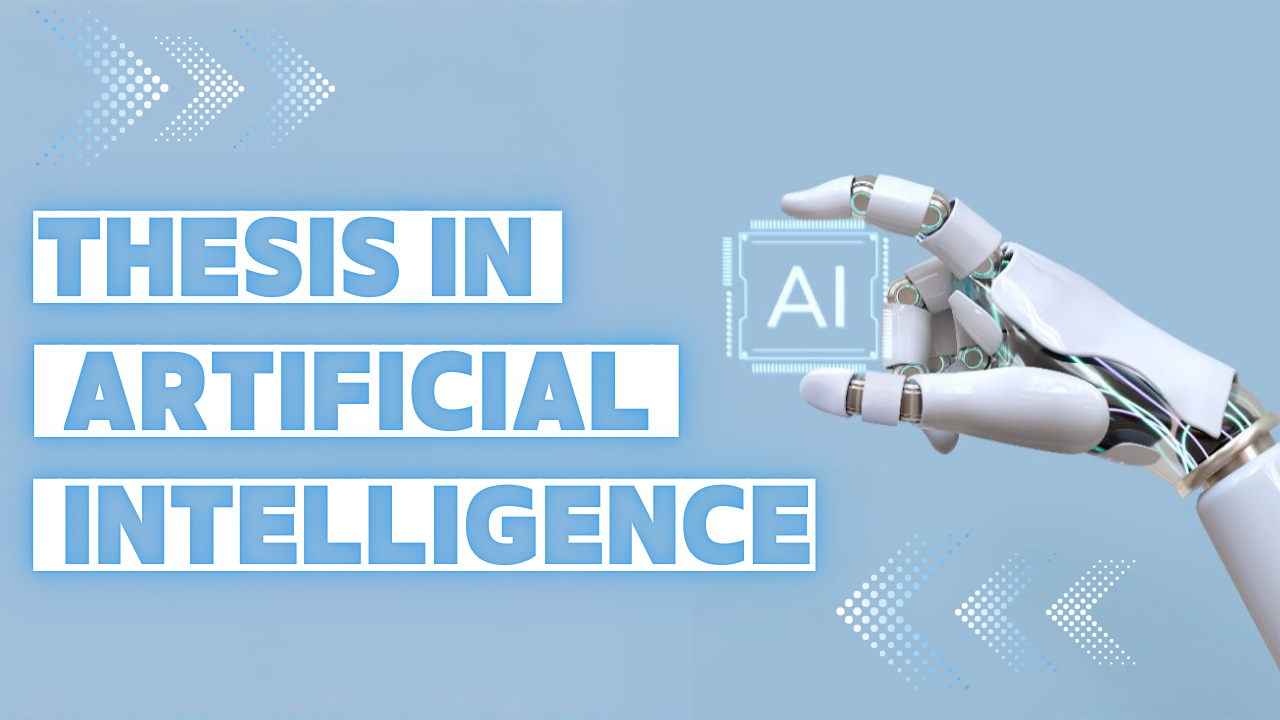22Feb
- Home
- Thesis in Artificial Intelligence: Key Considerations for a Successful Research
- PhD Research Updates
- Thesis in Artificial Intelligence: Key Considerations for a Successful Research

Artificial Intelligence (AI) has revolutionized numerous industries, making it one of the most sought-after research areas for PhD scholars. Writing a Thesis in Artificial Intelligence requires a clear understanding of current trends, methodologies, ethical concerns, and technical challenges. This blog explores the key considerations for developing a compelling Thesis in Artificial Intelligence, offering insights to help researchers navigate their journey effectively.

Selecting a relevant and impactful research topic is the foundation of a successful AI thesis. Consider the following factors:
A thorough literature review helps in identifying research gaps, understanding existing methodologies, and avoiding redundant work. Key steps include:
Once a research gap is identified, it is essential to establish clear research objectives and hypotheses. This involves:
The methodology section is critical in an AI thesis. It should detail:
Executing experiments is the heart of AI research. Researchers should focus on:
Ethical concerns in AI research are paramount, especially in areas like bias mitigation and fairness. Researchers should:
A well-structured thesis improves readability and comprehension. The key sections include:
A successful AI thesis should lead to publications in reputable journals and conferences. Consider:
Writing a Thesis in Artificial Intelligence demands meticulous planning, technical proficiency, and ethical awareness. By selecting a relevant topic, leveraging the right methodologies, addressing ethical concerns, and effectively presenting findings, PhD scholars can ensure their Thesis in Artificial Intelligence contributes valuable advancements to the AI field.
By following these key considerations, researchers can craft a compelling and impactful AI thesis, paving the way for innovation and academic excellence.
Kenfra Research understands the challenges faced by PhD scholars and offers tailored solutions to support your academic goals. From topic selection to advanced plagiarism checking.

Guru Gobind Singh Indraprastha University PhD admissions 2024 is calling all aspiring researchers to apply for its PhD program for... read more

In the realm of academic research, accessing reliable and high-quality sources is paramount. Whether you're a seasoned scholar, a... read more

Publishing in Web of Science (WoS)-indexed journals remains a hallmark of quality and credibility in academic research. As we... read more

Choosing the right methodology for your PhD thesis is a critical decision that can determine the success of your... read more
If a Ph.D. scholar was arrested for motivating and recruiting youth for terror outfits in Jammu and Kashmir's Kulgam or... read more
WhatsApp us
Leave a Reply